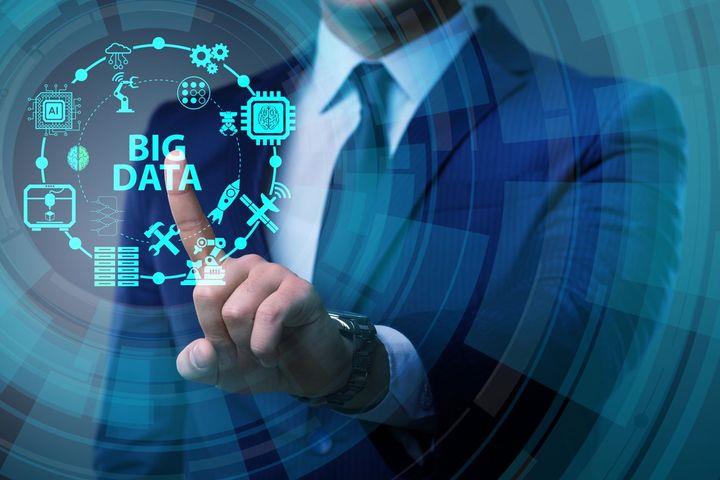 Ireland Allies With AI to Combat COVID
Ireland Allies With AI to Combat COVID(Yicai Global) Sept. 23 -- Ireland’s eHealth strategy leans heavily on AI and Big Data analysis. The nation has a bold seven-year eHealth strategy, with crack professionals, EUR21 billion in hand, and a 100,000-strong workforce.
Data is a main cog in Ireland’s COVID-19 vaccination wheel. It supplies evidence of community COVID-19 transmission, hospital staffing, and allotting resources for walk-in testing and vaccinations. Data stored at the Office of the Chief Information Officer (OCIO) helps inform the next move, The Yuan, an open AI-centric forum on a quest to make AI also shorthand for ‘All-Inclusive,’ reported on September 16.
Azure, Power BI and Java and Python programming languages “collect, pipe and analyze Big Data,” said OCIO General Manager Mark Bagnell, adding Microsoft’s Azure platform was built quickly at the pandemic’s start, allowing it to blend data from myriad systems to solve day-to-day issues, per The Yuan report.
“We see eHealth as an infrastructural investment… that will bring benefits to the general wellness of the population, generate service efficiencies and… significant economic opportunity.”
The data strategy rolled out during COVID-19 helped the communications team deliver critical public health messaging to the public and build trust and buy-in, Bagnell added. “It was scaled up and used as a central source to pipe in data from… labs and private hospitals… to display the data in an easy-to-understand visual dashboard for decision-makers.”
Driving Change
The health and safety environment (HSE) eHealth strategy is key to transforming his organization, Bagnell noted. Technology is disrupting healthcare delivery to Ireland’s just shy of five million population.
“Our eHealth strategy is transforming healthcare delivery systems in Ireland into safer, higher quality, more efficient, easier to access systems that pay for themselves over time,” Bagnell said.
“The cost benefit analysis of investing in technology systems combined with a culture of transformation and a willingness to redesign existing work practices is how we are driving change. Our mission is to aggregate and analyze the Big Data to empower health specialists and managers to make the best decisions possible.”
eHealth (electronic health) integrates data sources in healthcare delivery using artificial intelligence (AI) and other technologies, and includes patient records, caregivers, monitoring devices and sensors, and administrative functions in a digital supply chain with high automation and information-sharing.
Patient-centric eHealth systems integrate and coordinate healthcare delivery to improve patient outcomes, delivery efficiency, transparency, and ease of access.
Self-Checkup
eHealth emphasizes prevention and empowers patients to proactively manage their own health from home, while slashing costly hospitalizations.
It also lowers hospitalizations and their lengths, avoids duplicative procedures and reliance on error-prone paper processes, and keeps up-to-date, accurate patient records.
COVID-19 aside, Ireland’s eHealth strategy also encompasses electronic health records, telehealth care and telemedicine systems, ePrescriptions, automated pricing, performance, billing, and claims management.
Healthcare systems globally strain to meet current demand and will struggle to meet forecast future demand from aging populations and chronic diseases without information-based innovation, Bagnell said.
“This innovation while disruptive in nature, is not entirely new and… eHealth technologies have been evolving steadily,” he added.
Editor: Kim Taylor
Yicai Global is pleased to announce its cooperation with The Yuan (https://www.the-yuan.com) and looks forward to future feature articles from it authored by luminaries of the ilk of Hippo.AI founder Bart de Witte and the many other leading lights in the AI sector who are its regular contributors. The Yuan provides an open community with the aim of averting the emergence of bias and social inequities and inequalities arising from uneven access to AI and, as such, its philosophy closely aligns with Yicai Global’s own stance.